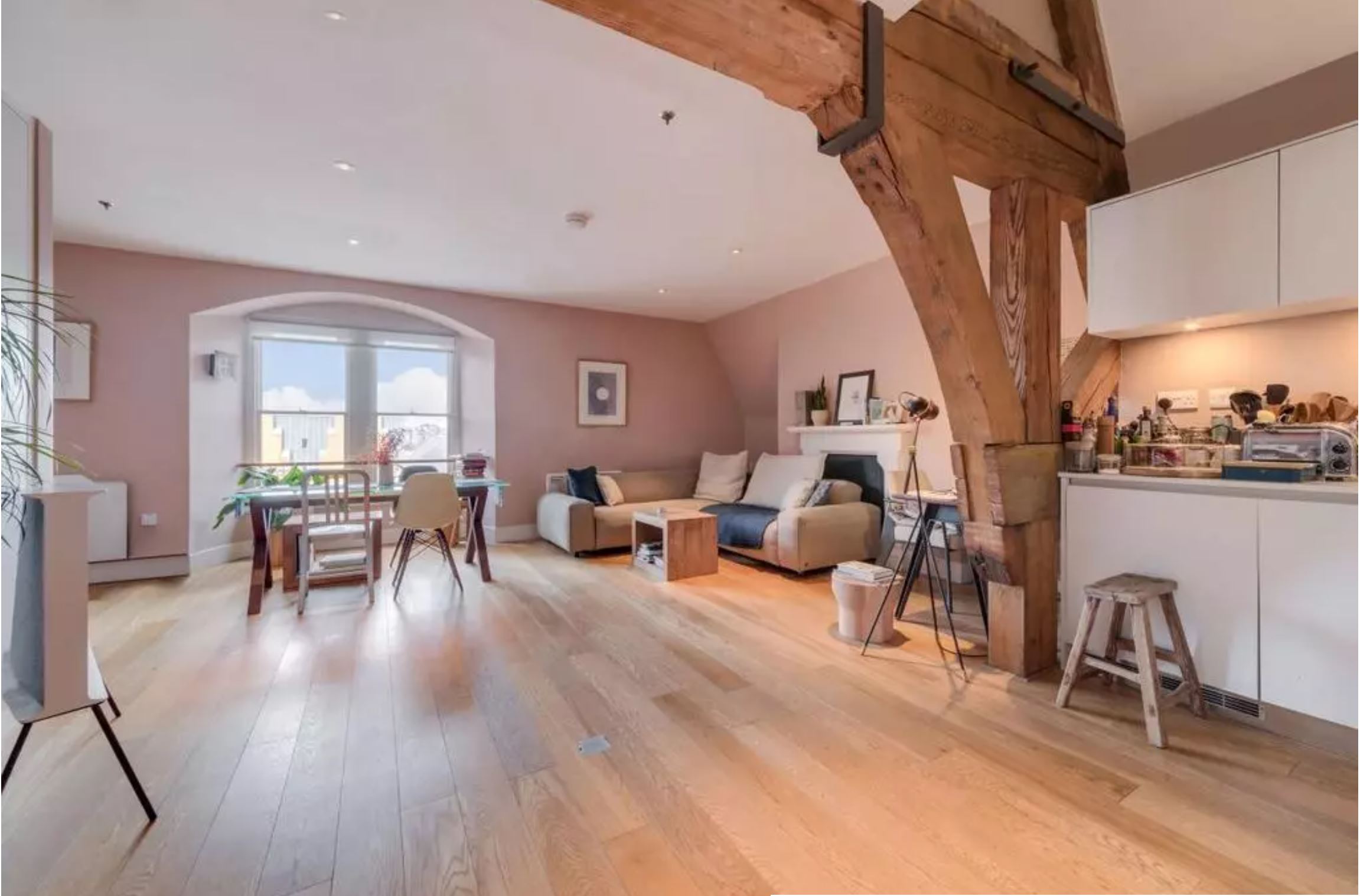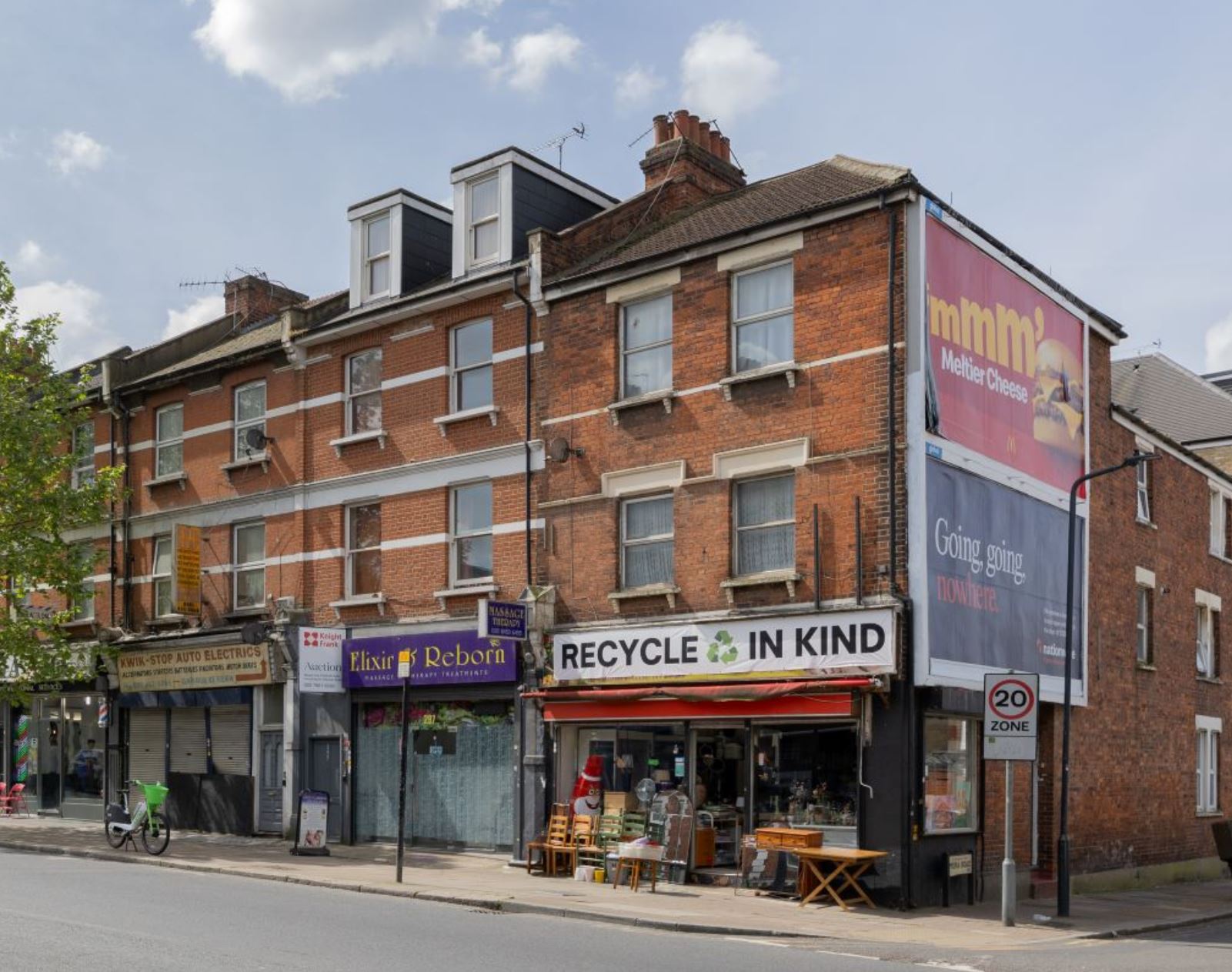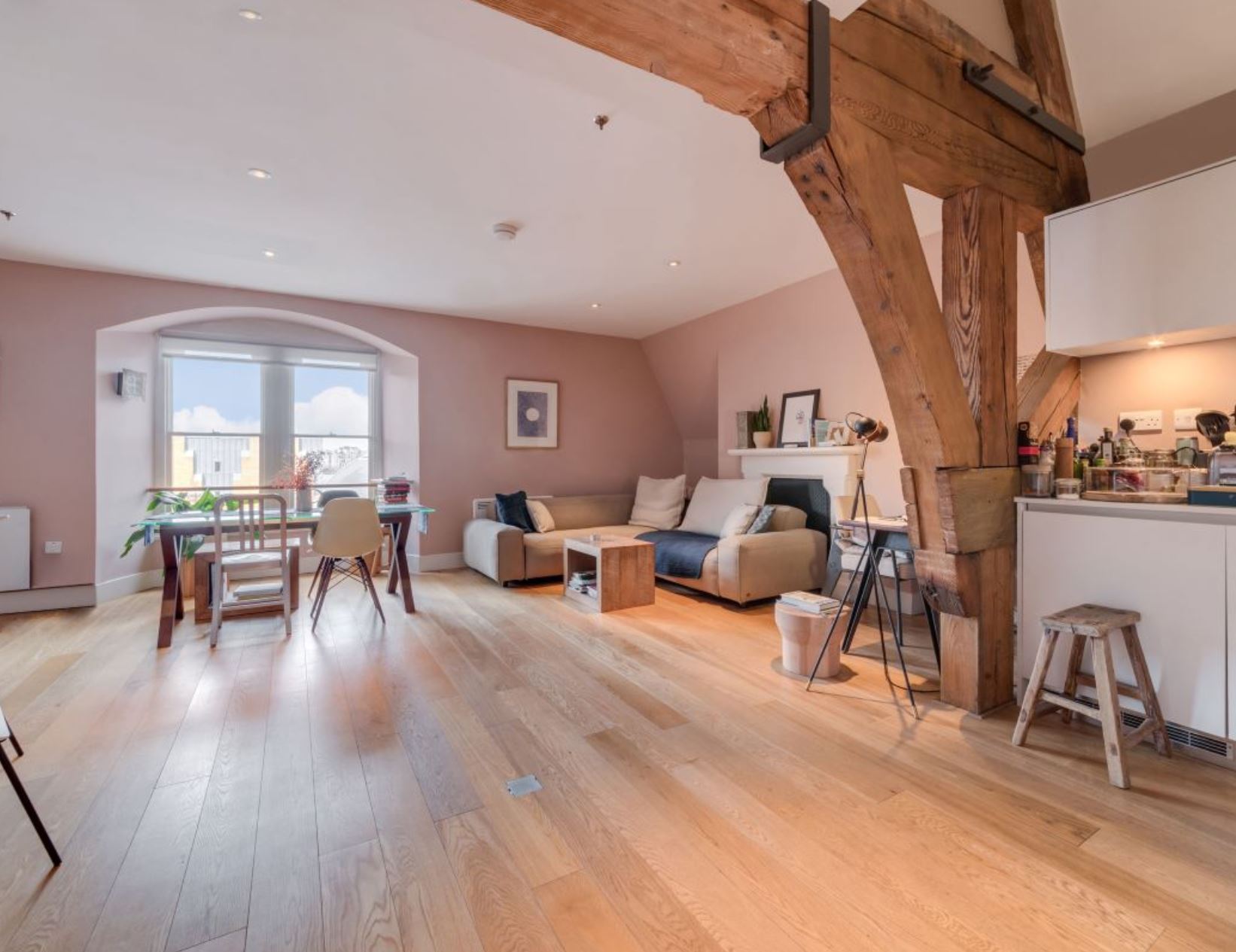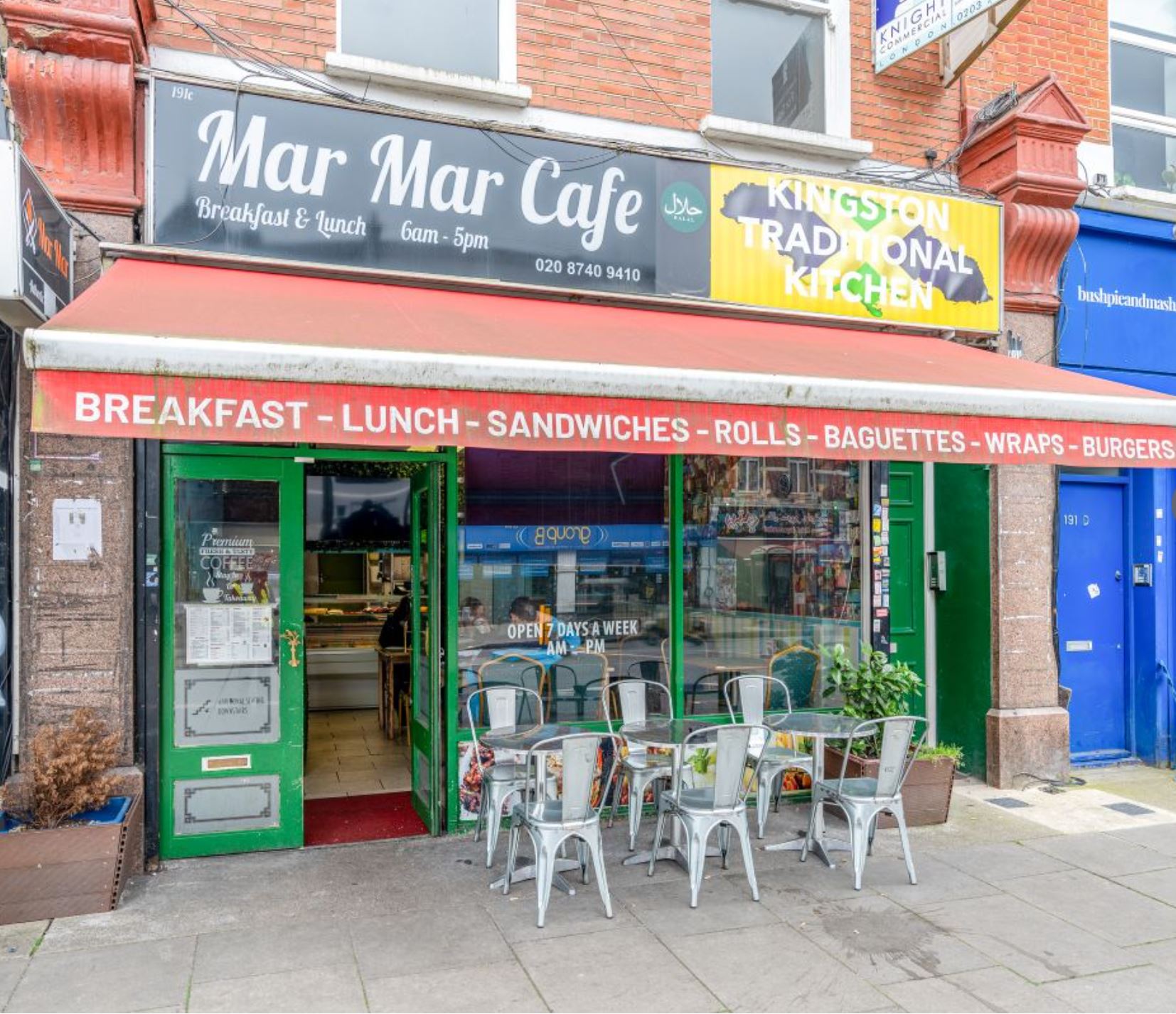Your questions about property auctions answered
What are the main advantages, as well as the biggest misconceptions around the auction process? We put these questions, and more, to our Head of Auctions, Richard Watson.

What are the main advantages of auctions?
By controlling the sales process, auctions remove many of the problems associated with the typical negotiation process. They offer speed, transparency and certainty and allow sellers to maintain better control of their sale.
Auctions work for a wide range of people. My clients have included owner-occupiers of homes where the seller is time-sensitive, buy to let investors selling with tenants in situ, institutions liquidating assets in an organised way, sellers of commercial properties with highly valuable income streams, and those with unique assets that are very tricky to price but may appeal to a global audience. Auctions fit many different circumstances, depending on the property and the seller's ultimate objectives.
What are the biggest misconceptions about auctions?
The key misconception is that auction doesn’t achieve the property’s true value. If this were true, no one would use auctions for sales of vintage wine & cars, Banksy artwork and even 5G mobile networks which sell for billions. Whatever the asset, having multiple people compete on an equal basis allows the pricing to settle at its own level naturally, and this level can sometimes be very surprising.
Another misconception is that auctions are only for properties where something is wrong. This isn’t true either. While auctions can be used for those properties, perhaps when selling to professional buyers accustomed to unravelling complications, we also handle very straightforward sales of commercial and residential properties.

How did you become involved with auctions?
I was introduced to auctions while at university in Bristol when I won the regional heat of an auction competition run by the Royal Institute of Chartered Surveyors. My prize was to “run” an auction, which involved gathering buyers' details and—at that time—collecting the deposits in cash as well. I became adept at counting piles of money rapidly. After completing my property degree, I started my career in auctions. I have worked within auctions ever since, joining Knight Frank in 2020 to head up its auction department.
At Knight Frank Auctions, we have specialist sector-specific teams with knowledge in both the commercial and residential sectors, and that variety keeps things interesting. It’s always hugely satisfying to achieve our client’s goals for them, and I get real pleasure from being able to add value to instruction.
What have been your most memorable auction sales?
A memorable one was selling a mixed-use building in North London for a very small charity where everyone believed it was worth around £600,000. On the day of the auction, it sold in excess of £1,000,000, and the trustees, all watching the sale, were understandably thrilled with the result.
An interesting sale was close to 1,000 acres of land with forests, streams and wildlife owned by the local council on a 9,000-year lease to keep as open land. Because of the changing environmental outlook, many corporate bodies were keen to buy the land to demonstrate their eco-credentials and that land, with close to no value, ended up selling for several hundred thousand pounds. ESG is higher on the agenda today.
Perhaps one of the most exciting was the sale of a mixed-use project on St Mary’s, the Scilly Isles, where a gentleman and his advisors arrived in his private helicopter, viewed the project, and he ended up buying it an auction, despite locals saying it would never sell to someone off-island.

What advice would you give somebody who has never participated in an auction or is interested in selling via Knight Frank Auctions?
Please pick up the phone and speak to us. There’s no obligation and we would be delighted to look at the property details – whether commercial or residential - to understand what you want to achieve. The beauty of the extensive Knight Frank partnership is that if a property isn’t the correct fit for us at auctions, we will almost certainly have a department where it does fit in, and we will either transfer clients to the right people or pool our resources to give unequaled exposure and success.
Auctions are growing in popularity as people see their benefits. Contracts are typically exchanged on the day of the auction, and completion follows four weeks later. Knight Frank Auctions has a rolling programme of sales throughout the year. Let us give you the best advice to achieve your property goals.
Properties available at Knight Frank Auctions
Knight Frank's next auction is on June 6th. View all properties available through Knight Frank Auctions here



